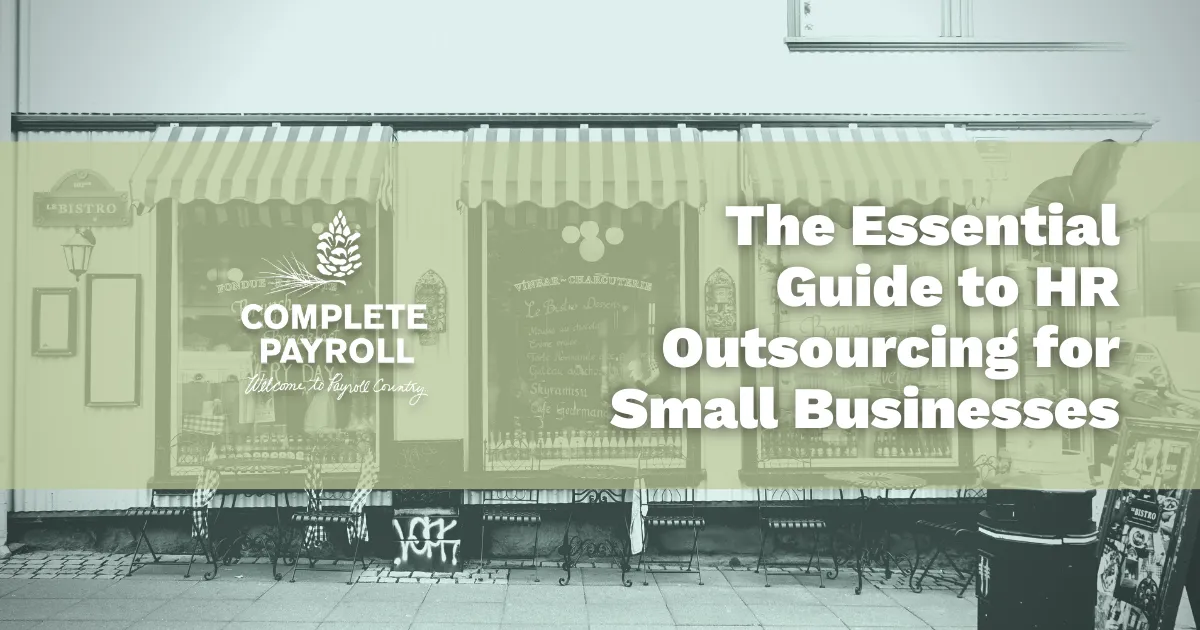
Short answer: No.
Longer answer: You can get rid of an independent contractor if they’re not holding up their end of the contract. But it’s not “firing” because independent contractors don’t work for you, they work for themselves.
What is an independent contractor?
An independent contractor is a self-employed individual who does contract-based work for others. This means:
- They control how they do the work.
- They provide their own tools.
- They are responsible for managing their own time.
- They pay their own taxes.
- They are responsible for their own training.
- They do work that is not central to your business. (The person who comes to fix the oven in your restaurant might be an independent contractor, but the chef who makes the food is an employee.)
What do I do if I’m fed up with an independent contractor?
The first thing to do is to look in their contract. A good contract will have termination provisions. These are the situations in which either the hiring business or the independent contractor can terminate the relationship. There may also be a notice provision or other guidelines about exactly how the relationship can be terminated.
To stay on the right side of the law, simply follow your contract scrupulously. If the independent contractor isn’t doing anything that would justify termination, you’ll need to do what you need to do when managing any relationship between any two professionals: have a conversation from one business person to another.
Most independent contractors rely on their professional reputation and will make adjustments, within reason. Keep in mind that you have no right to dictate how a contractor does their work, only that they get it done.
What if there’s nothing about termination in the contract?
Again, in this case, it’s best to have a frank conversation. It may be that you can reach some sort of compromise. It may be that you both come to an agreement that terminating the relationship is the best course of action. Without talking it over, you’ll never know.
Depending on your contract, there may even be a provision regarding how disputes are settled. In that case, you’ll need to follow those guidelines in having your concerns addressed.
If you’re accustomed to working with employees, though, consider whether your expectations are appropriate when applied to independent contractors. Behavioral controls, such as what tools to use, what order should the work be done in, or even who should do the work, are not applicable in a contract relationship.
In the future, you’ll know to include termination provisions in your contracts so that there is more clarity for everyone involved.
The upside to terminating a contract.
If you find that your independent contractor is not meeting the provisions of the contract, it’s much easier to terminate that relationship than it is with an employee. There is no need to worry about unemployment claims or severance packages. And adhering to your contract can help protect you against legal action as well.
Need help with terminations?
We have a toolkit for that. Download your free copy of our New York State Employee Termination Kit.
For more information and insights into the laws, best practices and complexities around terminating employees, check out our resource page, A Complete Guide to Employee Terminations. It's an all-in-one page that includes thorough insights, instructions and plenty of links to other helpful resources.
Additionally, here are some other articles that focus on the difficult subject of terminating employees:
- How to Script Your Termination Meeting
- Can You Fire An Employee For Something They Did Outside of Work?
- Paying a Terminated Employee Their Last Paycheck
- About Leave of Absence Employee Terminations
- How to Address Alcohol in the Workplace
- How to Measure and Minimize Employee Turnover
- How to Handle an Employee That's Abusing Your Sick Leave Policy
- How to Terminate an Employee in New York State
- Can You Terminate An Employee On Leave?
- The Difference Between a Severance Package and a Severance Agreement
- 3 Exceptions to At-Will Employment
- How to Handle an Immediate Employee Termination
- Termination Meetings: Where and When to Conduct the Most Difficult Conversation
- Alternatives to Employee Terminations
- Can You Terminate an Employee Over the Phone?
- Can You Fire An Employee For Something They Said Online?
- How to Inform Your Staff About a Terminated Employee
- When Should You Fire An Intern?





















